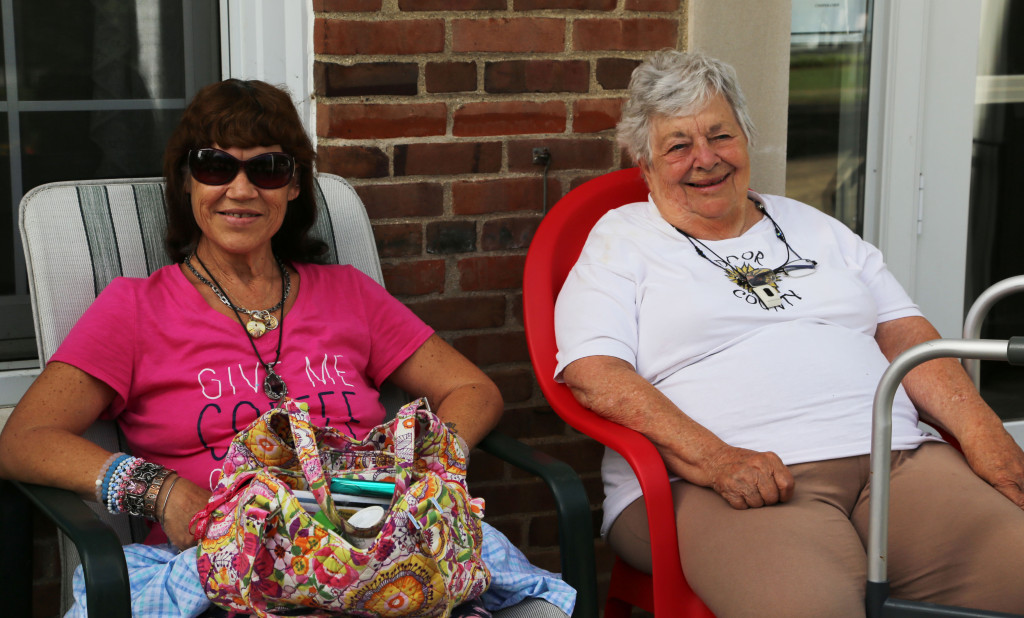Are you lonely or suffering from ‘loneliness’?
In a 2010 AARP survey, 35% of all responders reported feeling lonely. Of those, almost 50% said their loneliness had gone on for more than 5 years. That’s a lot of time for a harmful condition to unleash its dangerous effects.
Being alone is not a bad thing—many people need to be alone to recharge their batteries. Persistent loneliness can lead to more involved health issues.
Studies suggest that loneliness is more dangerous than packing on some extra pounds. Yet Americans spend billions of dollars on diet products and often make little effort to address their loneliness.
- Loneliness increases the risk of premature death by 14 percent.
- Loneliness affects not only our current mental health—think depression. One recent study also suggests it increases the risk for dementia
later. - Loneliness often brings fragmented sleep, the choppy kind
that seriously affects health. - Loneliness can increase inflammation throughout the body, which carries its own risks. That inflammation can also exacerbate existing conditions like arthritis and heart disease.
- Loneliness is contagious. Older adults who feel lonely are more prone to behave in ways that may cause other people to not want to be around them.
To Combat Loneliness, You Need People in Your Life
The July 2014 issue of the Mayo Clinic’s Health Letter suggested strategies for combating loneliness, including these ideas for nurturing friendships:
- Reach out:Picking up the phone– even just to say hello, will make you feel good and will let your friends/family know you care about them.
- Be positive:Be someone that others want to be with. Think of friendship as an emotional bank account. Make deposits of kindness and approval, keeping in mind that criticism and pessimism draw down the account. Nonstop complaining and constant negativity can put a strain on a friendship.
- Listen up:Ask what’s going on in your friends’ lives. Let people know you’re paying close attention through eye contact, body language and comments that confirm you are listening. When friends share details of hard times they are experiencing, becompassionate.
- Extend and accept invitations:Invite a friend to join you for coffee or lunch. When you’re invited to a social gathering, say yes. Contact someone who recently invited you to an activity and return the favor.
- Respect boundaries:Don’t overtax the friendship with your own needs. Remember that friendships require both give and take.
Maintaining wellness invariably includes a recommendation for staying socially engaged. It’s good for body, mind, and spirit. Communicating via email and cell
phone is nice—and certainly convenient. Still, there will never be anything like the real thing: spending time—together, face to face—with other people.


No comments yet.